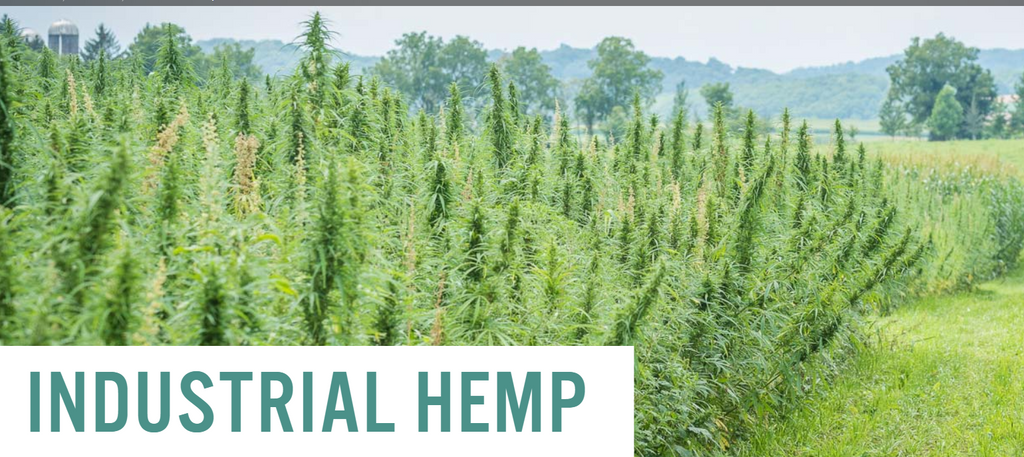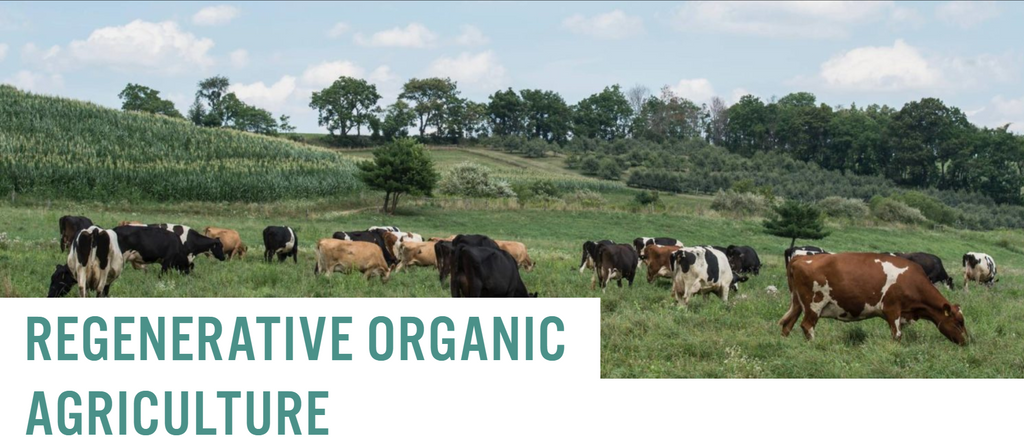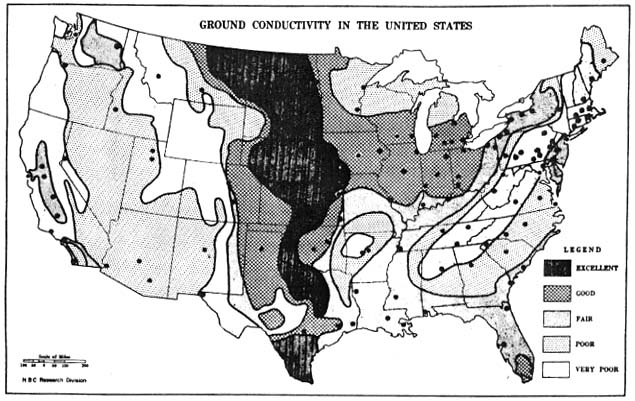News
CHOOSING THE BEST COVER CROPS FOR YOUR ORGANIC NO-TILL VEGETABLE SYSTEM
Posted by Daniel Schuurman on
In no-till cover crop systems, the known benefits of cover crops are maximized by allowing them to grow until shortly before planting the vegetable or other cash crop, and by managing the cover crop without tillage. The best cover crops for this purpose have the following characteristics:
INDUSTRIAL HEMP TRIAL at the Rodale Institute
Posted by Daniel Schuurman on
In 2017, Rodale Institute initiated a four-year trial studying the effects of industrial hemp on soil health and weed suppression. The project has just concluded its second year. Below is an overview of the research and initial findings.
REGENERATIVE ORGANIC AGRICULTURE origin of the concept
Posted by Daniel Schuurman on
Robert Rodale, J.I. Rodale’s son, coined the term “regenerative organic” to distinguish a kind of farming that goes beyond sustainable.
Regenerative organic agriculture not only maintains resources but improves them. With only about 60 years of topsoil remaining at current practices, nothing less will do.
Healthy Soils, Healthy People: The Legacy of William Albrecht by John Ikerd
Posted by Daniel Schuurman on
William Albrecht was not only a distinguished scientist and brilliant scholar; he was also a true visionary and committed humanitarian. He believed that animals, including humans, provide biochemical photographs of the soils in which their
foods are grown. With effective and affordable commercial fertilizers after World War II, the health and natural productivity of the soil no longer seemed to matter. Albrecht risked his academic reputation by warning of the public health risks posed by this so-called modern, industrial agriculture. History provides compelling evidence that he was right. A half-century later, America is facing an epidemic of diet related illnesses, including obesity, diabetes, heart disease, hypertension, and various forms of cancer. If current trends continue, the cost of health care, which is already nearly twice the cost of food, will claim more than one-third of the U.S. economy by 2040. Recent scientific studies have linked a decline in the nutritional value of foods with the industrialization of agriculture. The result is foods rich in calories but poor in essential nutrients. As Albrecht had warned, the declining health of our people may well be a biochemical photograph of the declining health of our soils. Regardless, today's agricultural scientists should embrace the vision and courage of William Albrecht to venture beyond their narrow academic fields of study, to rethink the
science involved, and perhaps redefine their disciplines. The health of our nation may be impossible to restore without first restoring the health of our soils.
foods are grown. With effective and affordable commercial fertilizers after World War II, the health and natural productivity of the soil no longer seemed to matter. Albrecht risked his academic reputation by warning of the public health risks posed by this so-called modern, industrial agriculture. History provides compelling evidence that he was right. A half-century later, America is facing an epidemic of diet related illnesses, including obesity, diabetes, heart disease, hypertension, and various forms of cancer. If current trends continue, the cost of health care, which is already nearly twice the cost of food, will claim more than one-third of the U.S. economy by 2040. Recent scientific studies have linked a decline in the nutritional value of foods with the industrialization of agriculture. The result is foods rich in calories but poor in essential nutrients. As Albrecht had warned, the declining health of our people may well be a biochemical photograph of the declining health of our soils. Regardless, today's agricultural scientists should embrace the vision and courage of William Albrecht to venture beyond their narrow academic fields of study, to rethink the
science involved, and perhaps redefine their disciplines. The health of our nation may be impossible to restore without first restoring the health of our soils.
ORGANIC SOYBEAN WEED CONTROL Mary-Howell R. Martens
Posted by Daniel Schuurman on
high in magnesium, can actually accentuate some weed problems in soils with already adequate or high magnesium. On such soils, substituting gypsum as a lime source may be a better choice. Gypsum, which is calcium sulfate, has the unique ability to supply calcium while slightly lowering the pH of the soil.




